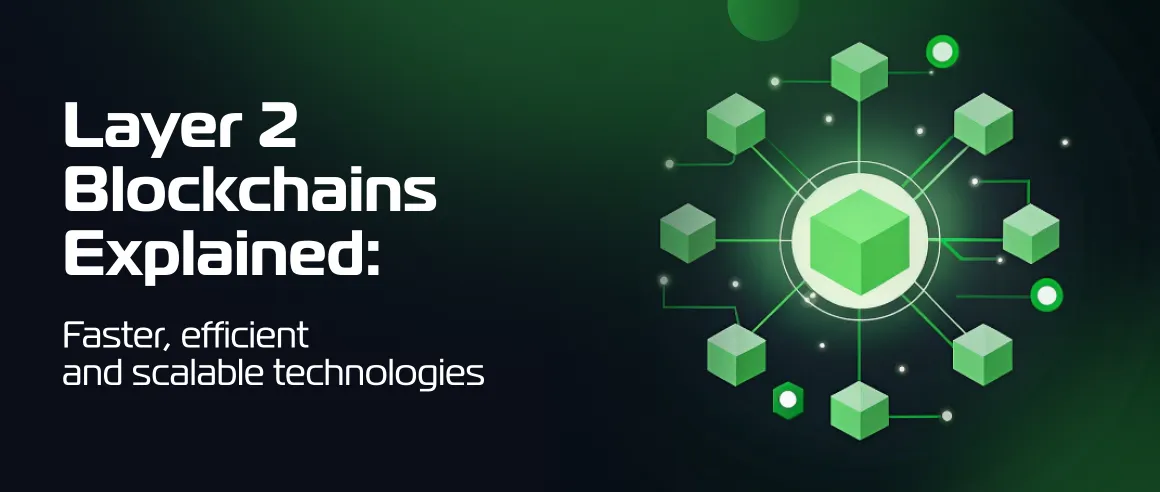Layer 2 Blockchains Explained: Faster, efficient and scalable technologies
24 January 2025
3 min for read
Layer 2 solutions are protocols built on top of blockchain networks (Layer 1) like bitcoin or ethereum to enhance their scalability, speed, and cost efficiency. These solutions process transactions off the main blockchain while relying on the Layer 1 network for security and finality.
By offloading some of the computational work, Layer 2 reduces congestion and lowers transaction fees on the main chain. Examples include:
- State channels, where transactions occur privately off-chain but are settled on-chain.
- Another example are rollups, which bundle multiple transactions into one and post them to the blockchain at once.
- There are also so-called sidechains, which are independent blockchains that communicate with the main chain. These technologies are essential for enabling blockchain networks to handle increased demand without sacrificing decentralization or security.
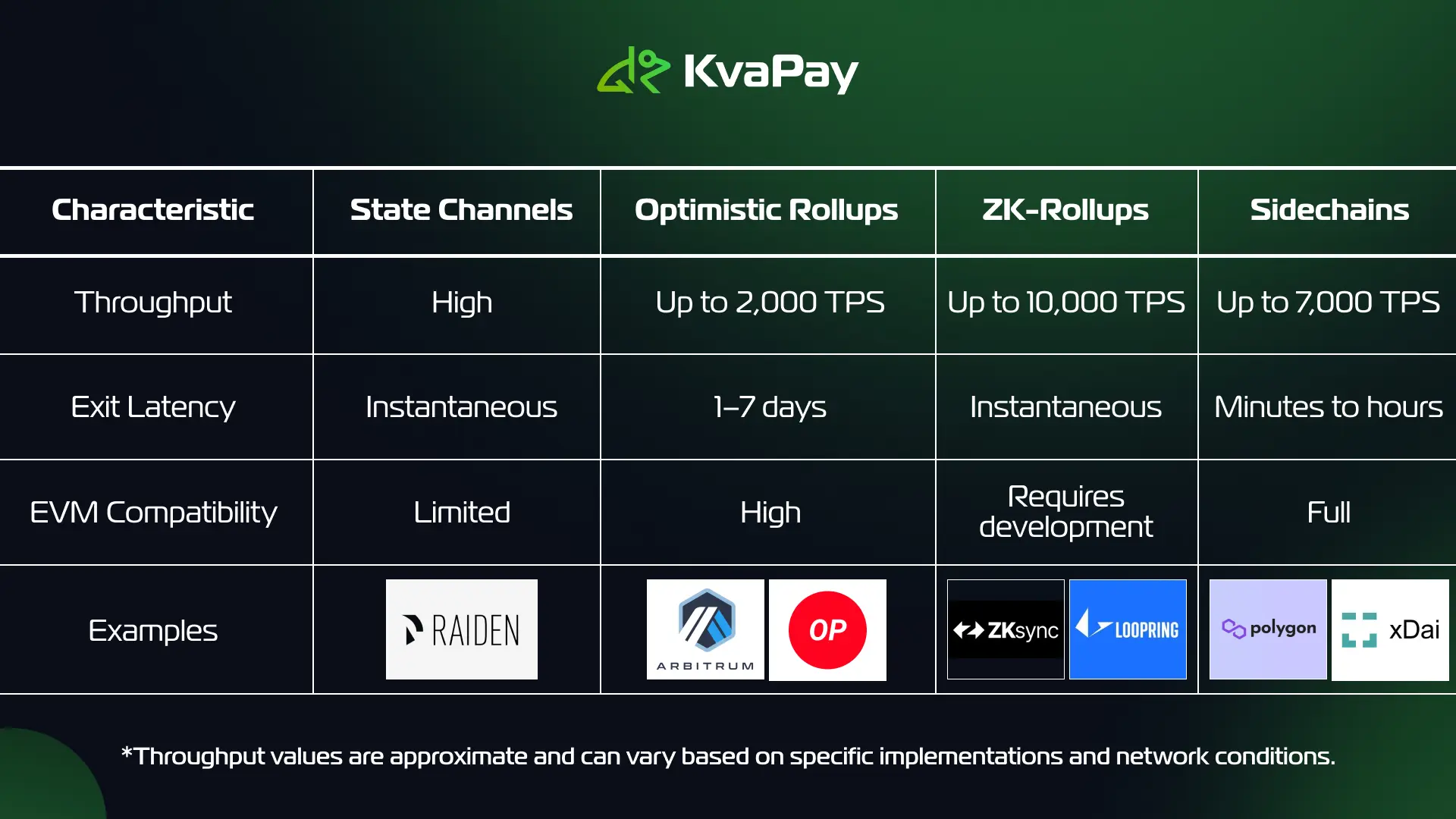
What are the Use Cases for Layer 2 blockchains?
The numbers tell a compelling story about the business case for Layer 2 solutions. Enterprises are increasingly attracted to these solutions because they offer budget-friendly options and adaptable potential.
Layer 2 Blockchains Reduce Transaction Cost
Hands-on experience with Layer 2 implementations shows dramatic decreases in transaction costs. Token transfers on Ethereum's main network can be expensive, but Layer 2 solutions have brought transaction fees substantially lower. This cost reduction goes beyond small improvements – enterprises save considerable amounts on transaction processing through rollup technologies.
We differentiate two types of rullups. Optimistic Rollups and ZK Rollups are both Layer 2 solutions for scaling blockchains, but they differ in how they validate transactions.
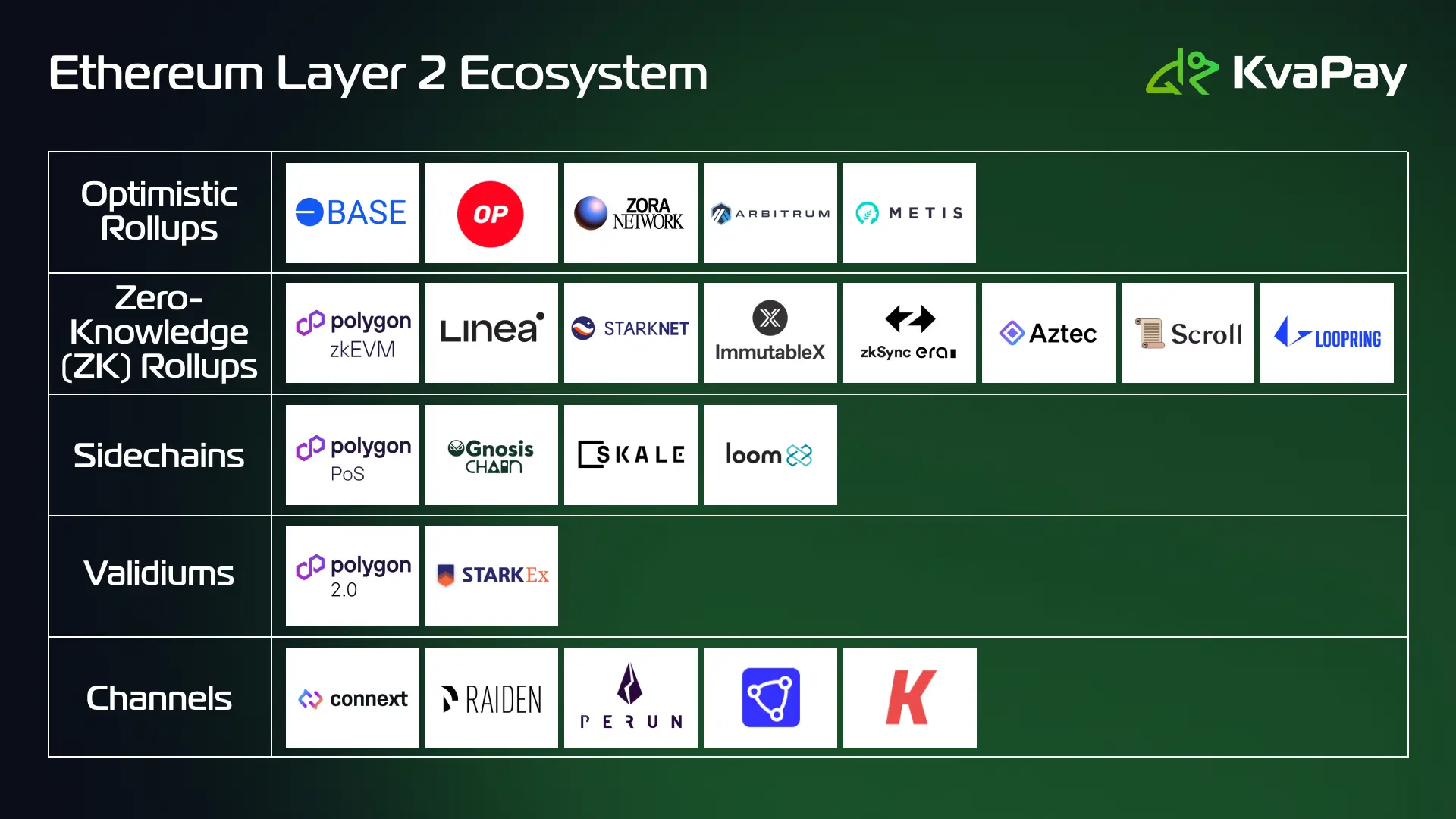
Optimistic Rollups assume transactions are valid by default and rely on fraud proofs to resolve disputes, which introduces a delay due to challenge periods. In contrast, ZK Rollups use cryptographic proofs (Zero-Knowledge Proofs) to verify transactions off-chain and submit them to the blockchain, ensuring faster finality and higher security.
While Optimistic Rollups are much simpler. ZK Rollups are better suited for applications requiring speed and efficiency but involve more complex computations.
Scalability Benefits of Layer 2 Solutions
The scalability improvements paint an even more impressive picture. Layer 2 solutions have changed transaction processing capabilities:
- Optimistic rollups can handle up to 2,000 transactions per second.
- ZK rollups achieve an impressive 10,000 TPS (transactions per second).
- Bitcoin’s Layer 2 solution called Lightning Network can handle 1,000,000 TPS.
Compared to traditional financial systems, MasterCard, for example, handles around 5,000 transactions per second.
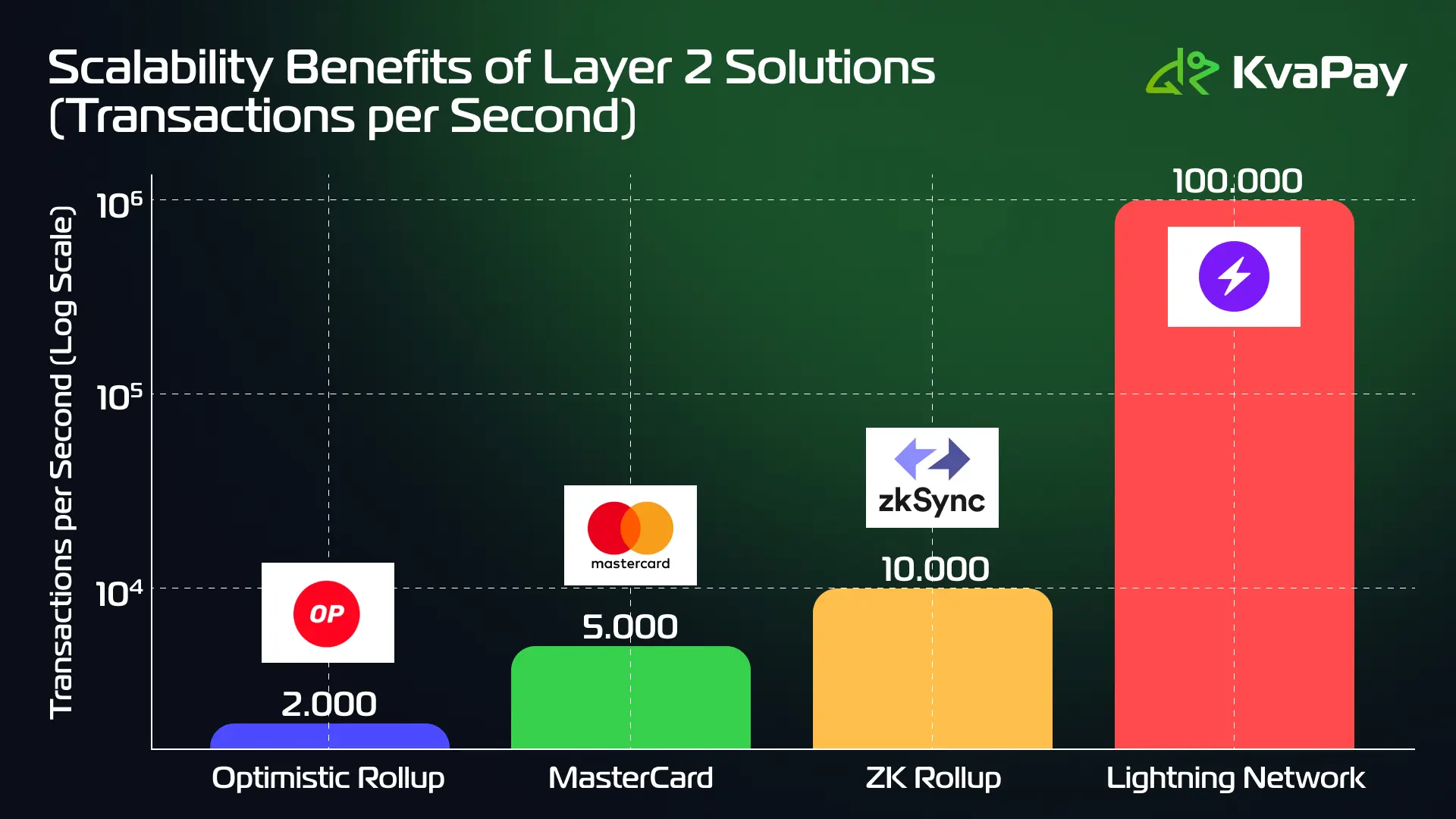
Implementing Layer 2 solutions can help you process multiple payments at once in your business, increasing your efficiency.
Layer 2 Solutions are revolutionizing Enterprises
A fundamental change in enterprise adoption continues to unfold, backed by compelling data. Blockchain-related job opportunities surged by 351% in the last bull market between 2019 and 2020, jumping from 18,200 to 82,000 positions. Blockchain-related freelancing enjoyed a staggering 6000% year-over-year growth in 2022. Millions of freelancers enter the industry. This growth demonstrates the enterprise's steadfast dedication to Layer 2 technologies.
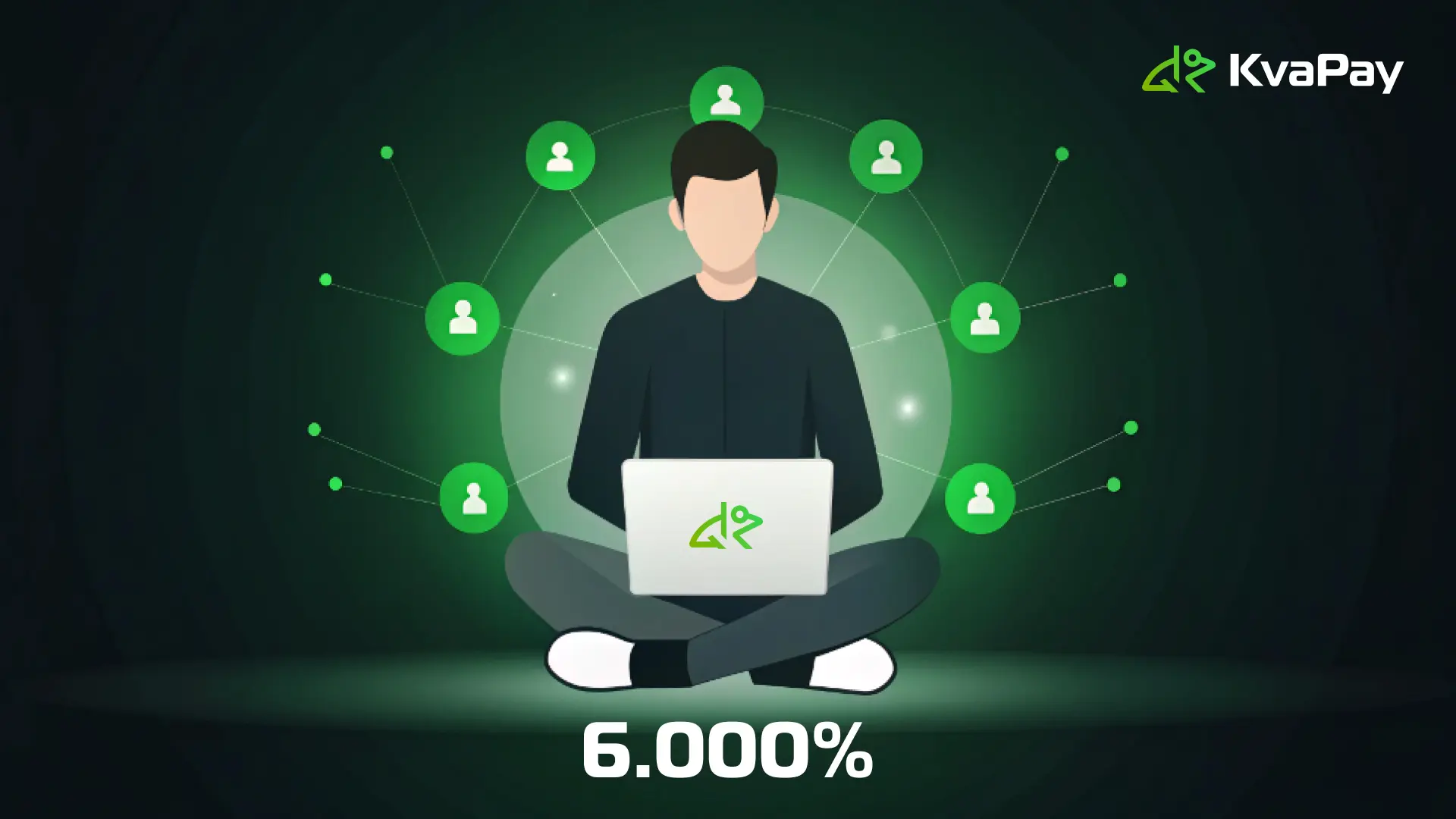
Businesses are making practical use of these solutions. They implement Layer 2 networks to tap into on-demand scalability while maintaining strong security. Processing transactions off-chain while getting Layer 1's security benefits has revolutionized enterprise applications.
Reduced operational costs combined with improved performance make the strongest case for businesses. Layer 2 solutions help solve the congestion problems that previously limited large-scale adoption. This breakthrough has created opportunities for businesses with high transaction volumes, making blockchain technology a viable option for enterprise-scale operations.
Tags:
Share:

